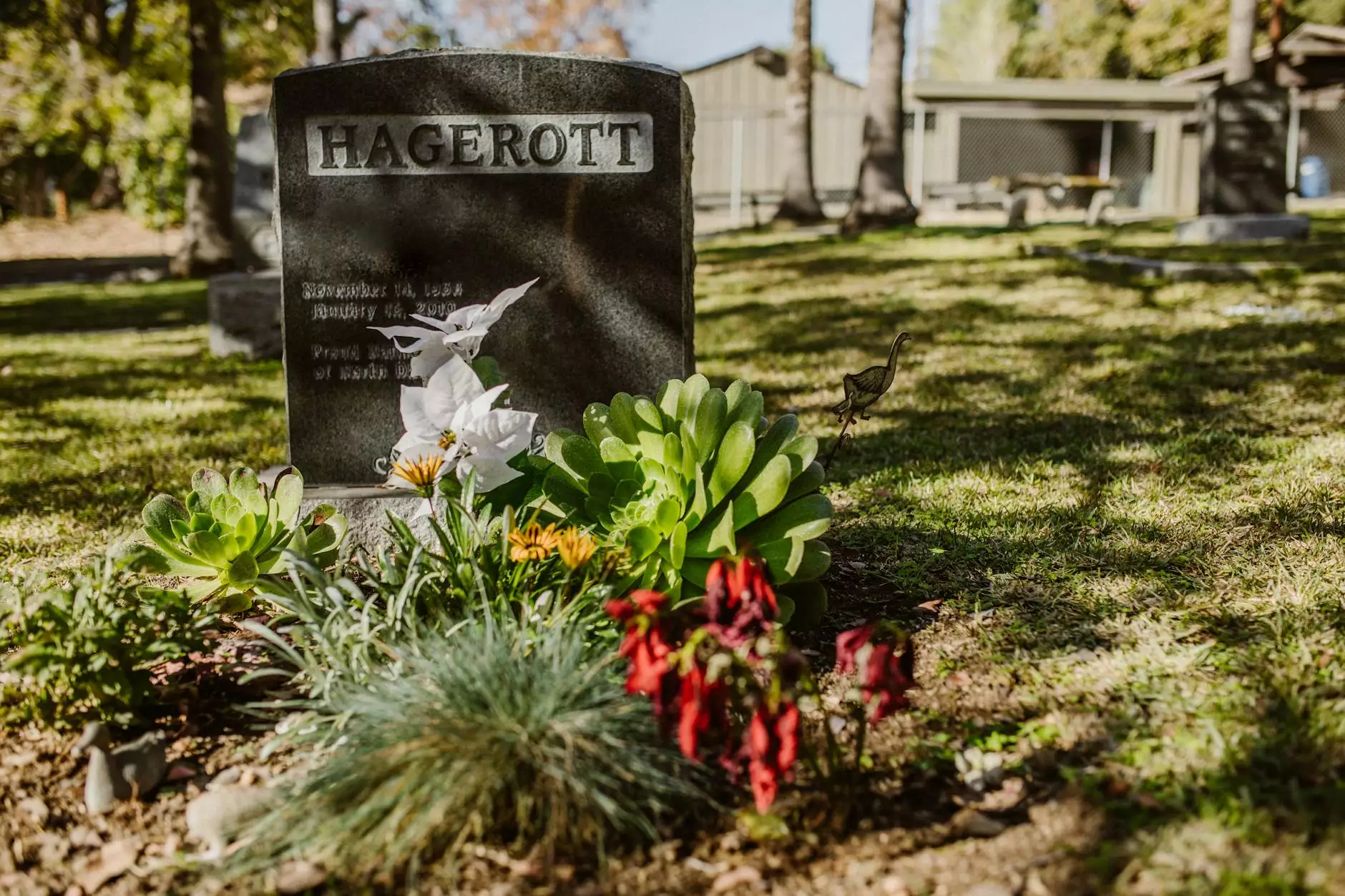Meeting Convention and Event Planners: The Ultimate Guide

In the dynamic realm of business, effective event planning is crucial for success. Whether it's a corporate meeting, a large convention, or a celebratory event, securing the services of skilled meeting convention and event planners can significantly enhance the overall experience. This comprehensive guide will delve into essential aspects concerning event planning, helping businesses and individuals alike elevate their events to new heights.
Understanding the Role of Event Planners
Event planners are indispensable in organizing successful gatherings. They handle a myriad of tasks, ensuring every detail meticulously aligns with the client’s vision. Below, we outline the core functions of meeting convention and event planners:
- Concept Development: Creating a cohesive theme and concept that resonates with the event’s purpose.
- Budget Management: Navigating financial constraints by providing cost-effective solutions.
- Logistics Coordination: Managing venue selection, catering, transportation, and technical requirements.
- Vendor Management: Collaborating with various vendors including caterers, decorators, and audiovisual technicians.
- On-site Management: Overseeing the event in real-time to ensure everything runs smoothly.
The Importance of Choosing the Right Planner
The success of an event is often significantly influenced by the competency of the planner. Here are pivotal reasons why choosing the right meeting convention and event planners is essential:
- Experience Matters: Experienced planners bring invaluable insights to the table, helping you avoid common pitfalls.
- Network Connections: They often have established relationships with vendors who can provide better rates and services.
- Time Efficiency: Outsourcing your event planning allows you to focus on your core business functions.
- Creativity and Innovation: Skilled planners can introduce unique ideas you may not have considered.
Key Factors to Consider When Hiring Event Planners
When selecting meeting convention and event planners, consider the following key factors to ensure you find the right fit for your event:
1. Experience and Specialization
Not all event planners are created equal. It’s important to find planners who specialize in the type of event you are hosting. For instance, if organizing a technical convention, look for planners experienced in that sector. Their specific expertise can streamline the process and enhance the event's quality.
2. Portfolio and References
Reviewing a planner’s portfolio provides insight into their style and capability. Additionally, asking for references can help gauge their reliability and effectiveness. Speak directly with previous clients to understand their experiences and outcomes.
3. Communication Skills
Effective communication is vital in any business relationship. Your event planner should be responsive and open, willing to discuss ideas and concerns transparently. Clear communication ensures that visions align and expectations are met.
4. Budget Transparency
Discussing the budget upfront is critical. A reputable planner will provide you with a transparent breakdown of costs and stay within the proposed budget. Understanding how funds are allocated will help you manage overall expenses efficiently.
Popular Types of Events Handled by Planners
Meeting convention and event planners are versatile and can handle various types of events, including:
- Corporate Events: These include product launches, annual meetings, and training sessions.
- Conventions: Large gatherings that require detailed logistical planning and execution.
- Social Events: Weddings, birthdays, and milestone celebrations.
- Fundraisers and Galas: Events focused on raising funds for charities or causes.
- Trade Shows: Exhibitions designed for businesses to showcase their products and services.
Steps to a Successful Event Planning Process
The event planning process can be streamlined by following these structured steps:
1. Define Your Objectives
Clearly outline what you want to achieve with the event. Setting specific goals such as networking, education, or branding can help guide the planning process.
2. Set Your Budget
Determining your budget at the outset allows you to make informed decisions throughout the planning phase. Be realistic and include all possible expenses from venue rental to post-event evaluations.
3. Select a Venue
Choose a venue that accommodates your expected number of guests and aligns with the event's theme. Accessibility, technology, and ambiance are critical factors to consider.
4. Plan the Agenda
Develop a detailed agenda that outlines speakers, activities, and breaks. This structure keeps the event flowing smoothly and attends to guests’ time efficiently.
5. Promote the Event
Utilize various marketing channels including social media, email newsletters, and industry publications to maximize exposure. Ensure you provide clear registration instructions with deadlines to encourage attendance.
6. Execute the Event
On the event day, arrive early to oversee setup. Coordination with vendors and staff is vital to ensure everything unfolds according to plan. Having a contingency plan in place is also crucial for handling unforeseen circumstances.
7. Evaluate Success
After the event, gather feedback from attendees and stakeholders. Analyzing what worked well and what could be improved helps refine your approach for future events.
Future Trends in Event Planning
The event planning industry is continuously evolving. Here are some trends shaping the future of meeting convention and event planners:
- Sustainability: Companies are increasingly seeking green options for their events, from eco-friendly venues to sustainable catering choices.
- Technology Integration: Virtual reality, augmented reality, and mobile apps are being utilized to enhance attendee experiences.
- Hybrid Events: The combination of in-person and virtual elements will continue to gain popularity, allowing broader audience participation.
- Personalization: Tailoring experiences to individual attendee preferences through data-driven insights is becoming the norm.
Conclusion
In conclusion, the landscape of event planning is as exciting as it is complex. Engaging proficient meeting convention and event planners is essential for orchestrating events that are not only successful but memorable. By carefully considering your requirements and leveraging the expertise of planners, you can create impactful experiences that resonate with your audience.
For more insights and resources on event planning, feel free to explore our comprehensive guide at meetingeventplannersguide.com.









